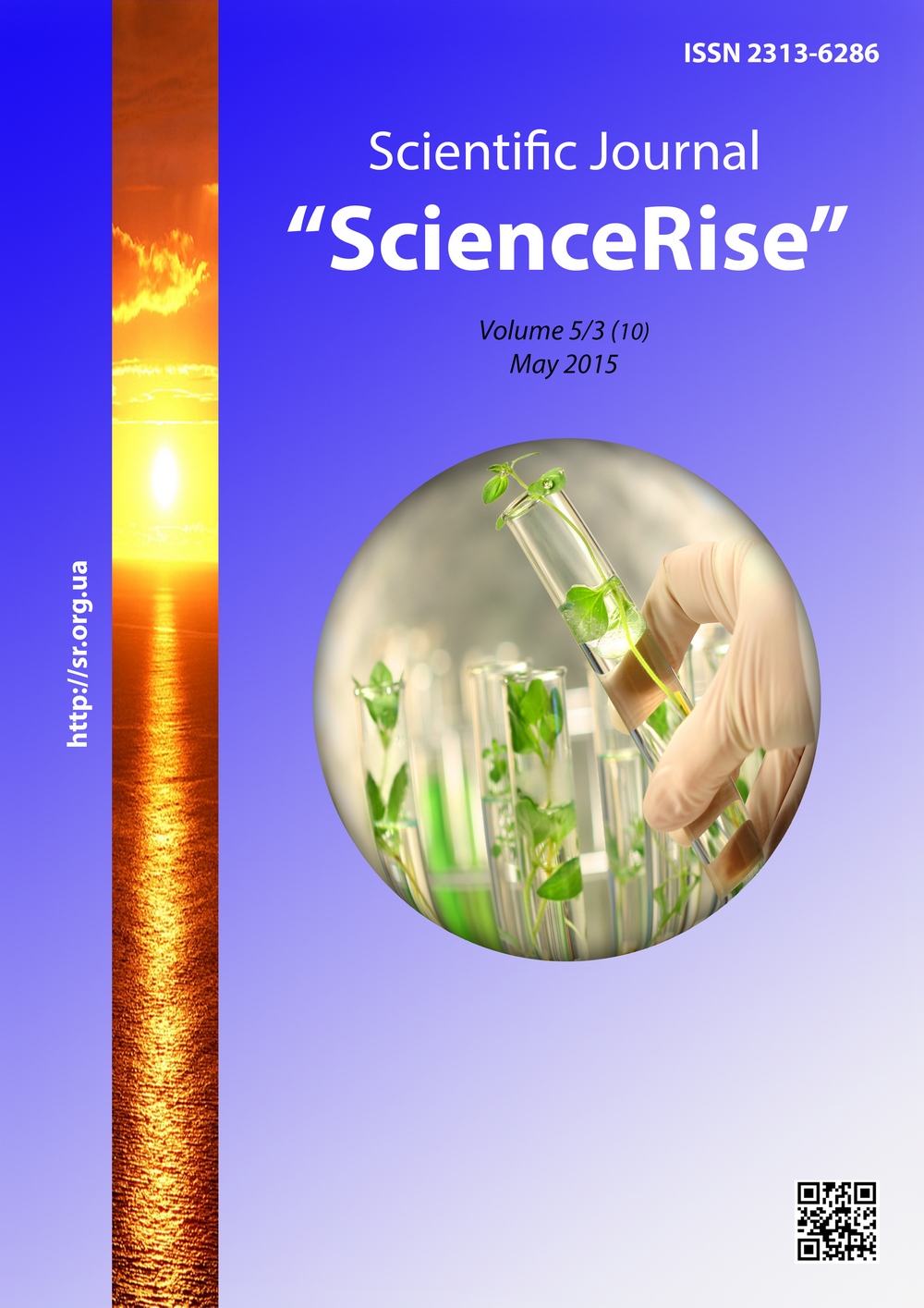Approaches to forming motivational impact in modern conditions
DOI:
https://doi.org/10.15587/2313-8416.2015.42890Keywords:
motivation, personnel management, motivation of personnel, personnel, motivational factors, staff, motivational influenceAbstract
The main factors that determine the impact of employee motivation to increase productivity and efficiency of the enterprise are considered, the main tangible and intangible factors of motivation and the process of system implementation aimed at encouraging workers. The proposed system of motivation stimulates the individual worker or workers' collective as a whole to achieve individual and common goals of the company. High rates of changes in the environment predetermine the growing importance of personnel as a factor of competitiveness, because this issue is relevant
References
Goddess, D. P., Grishnova, O. A. (2001). Fundamentals of Labour Economics. Kiev: Znannya-Press, 313.
Singer, V. V. (2010). The motivation for efficient management personnel of enterprises. Bulletin Khmelnytsky National University. Economics, 6, 178–181.
Duda, S. T., Kitsak, H. R. (2011). Motivation and effectiveness of the personnel Enterprise: their nature and relationship. Scientific Herald NLTU Ukraine: Collection of scientific works, 20.14, 188–193.
Litinsca, V. A. (2010). Motivational techniques career advancement staff of enterprises. Bulletin Zaporizhzhya National universytetu, 3 (7), 58–61.
Kyryan, E. I. (2013). Application in creative management personnel. Problems and ways of improving the economic mechanism of entrepreneurial activity. Collected Works of the V International Conference. Dnipropetrovsk, 40–43.
Perevozchikova, N. O. Features motivation for modern enterprises. Available at: http://www.economy.nayka.com.ua
Downloads
Published
Issue
Section
License
Copyright (c) 2015 Валентина Григорівна Яковенко, Наталя Валеріївна Гриценко, Тетяна Омелянівна Тимофєєва

This work is licensed under a Creative Commons Attribution 4.0 International License.
Our journal abides by the Creative Commons CC BY copyright rights and permissions for open access journals.
Authors, who are published in this journal, agree to the following conditions:
1. The authors reserve the right to authorship of the work and pass the first publication right of this work to the journal under the terms of a Creative Commons CC BY, which allows others to freely distribute the published research with the obligatory reference to the authors of the original work and the first publication of the work in this journal.
2. The authors have the right to conclude separate supplement agreements that relate to non-exclusive work distribution in the form in which it has been published by the journal (for example, to upload the work to the online storage of the journal or publish it as part of a monograph), provided that the reference to the first publication of the work in this journal is included.

